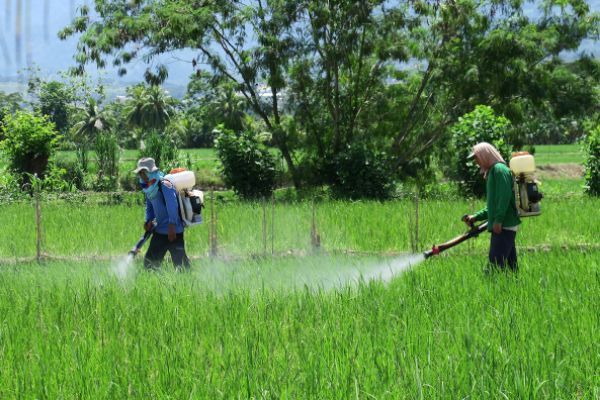Some journalists in Gombe State say the current economic hardship and poor remuneration in the media industry have compelled them to venture into subsistence farming.
They told reporters in Gombe on Thursday that the rising cost of living had made farming a necessity for many households seeking to meet basic needs.
The Gombe State Correspondent of Daily Independent, Mr. Williams Attah, said he took up farming to complement his “little earnings,” noting that many media organizations pay their reporters poorly.
Attah said farming had become essential for his family’s survival.
“If not for farming, my family would have suffered greatly under this harsh economy. Farming is actually taking care of some of our needs,” he said.
He added that limited capital and inputs had hindered his ability to expand, but emphasized that the little he invested had kept his household stable.
“Any year I don’t farm is always very challenging for me. Whenever I have food in my house, I can then focus on other things like my children’s school fees and other bills,” he said.
A Senior Editor with NAN, Hajara Leman, said she harvested about 21 bags of sorghum this year, while her beans crop was almost due for harvest.
Leman, who cultivated three hectares of sorghum and beans, said she was inspired to go into farming after learning how agriculture boosted a friend’s income.
She, however, decried the high cost of inputs, but said adopting improved and climate-resilient seedlings was essential for good yields.
A Deputy Director with the Voice of Nigeria, Mrs. Rebecca Muazu, said she grew up in a farming household, and had continued the tradition alongside her civil service job.
Muazu said farming had helped her maximise her salary by reducing food expenses.
“Though my farming is mainly for household consumption, it has also bailed me out when I face urgent financial challenges. Recently, I had to sell off part of my harvest to solve a problem,” she said.
For Hudu Shehu of Radio Nigeria, diversifying income sources became necessary as his salary could no longer meet his household needs.
He advised civil servants to embrace farming as a fallback plan, especially as they approach retirement.
Punch Correspondent Chima Azubuike, who ventured into farming for the first time, said the experience had shown him how crucial government support was for farmers.
He said high input costs and farmer–herder clashes continued to hinder food production and must be urgently addressed.
Several other journalists shared similar experiences, urging government support for both journalists and civil servants seeking to engage in farming to supplement their income and reduce over-reliance on salaries.


